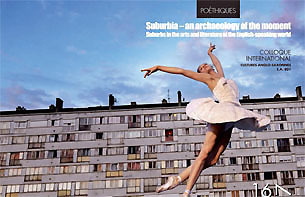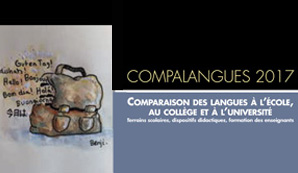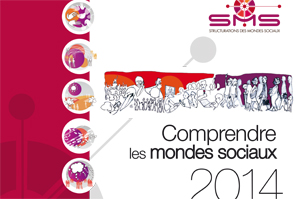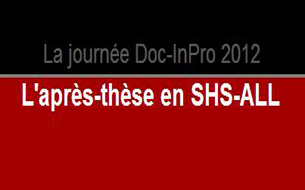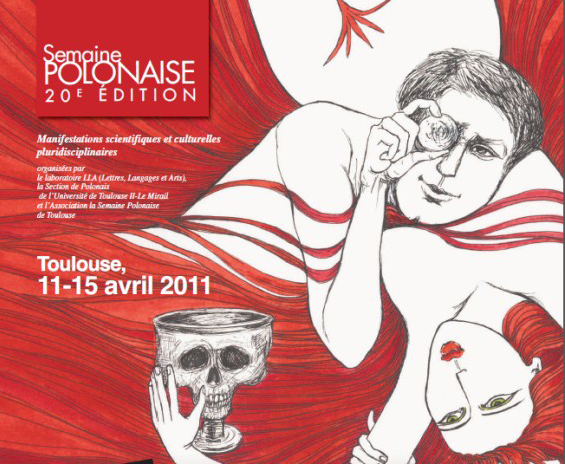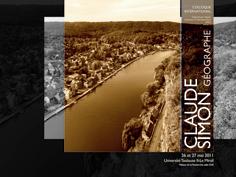Chapitres
Notice
Mixité, an urban and housing issue: introduction au colloque [VO]/ M.-C. Jaillet, Jean-Claude Driant
- document 1 document 2 document 3
- niveau 1 niveau 2 niveau 3
Descriptif
Mixité, an urban and housing issue : introduction au colloque [version originale] / Marie-Christine Jaillet, Jean-Claude Driant. In "Mixité : an urban and housing issue? Mixing people, housing and activities as urban challenge of the future", 23ème colloque international de l'European Network for Housing Research (ENHR), organisé par le Laboratoire Interdisciplinaire Solidarités, Sociétés, Territoires (LISST) à l'Université Toulouse II-Le Mirail, 5-8 juillet 2011.
1. Debating around ‘Mixité’ in Toulouse: An appropriate place to speak of it / Marie-Christine Jaillet The term 'Mixité', most often qualified by either 'functional' or 'social', has taken on a prominent position in the field of public policies on housing. It has come to represent the antidote to social or ethnic segregation as well as the trend in urban zoning that has separated housing, work places, and shops and services. Though researchers are very hesitant on a form of ideal 'mixité', one that is supposed to remedy the ills of contemporary society (segregation, ghettoisation, the dislocation of social ties, matching with its peers), they are even more dubitative on the normative or prescriptive dimension of social mixity’s injunction, one that inspires a certain number of public policy’s dispositions. Nevertheless, in the name of mixity, myriad efforts are currently undertaken in urban contexts: for example, within urban renovation or regeneration policies, or in the framework of the redistribution of social housing. Though we can question the very pertinence of the notion of mixity and its ideological foundations, it is also interesting to consider what its implementation produces. Beyond its mobilizing effect, does it render the manner in which housing is organized more efficient and effective? What does it produce, 'side by side' situations or social interactions? Mobilizing in Toulouse academic debate from various European countries is all the more interesting Young metropolis, barely a millionaire city, with one of the highest rates of population growth in France, its urbain development is characterised by a more and more visible social space division. Toulouse embodies the paradox of metropolitan societies where the greater social diversity, a form of cosmopolitanism, generates distancing or avoidance attitudes or strategies rather than producing "friction" or interaction. In such a world, what could constitute a physical and metaphorical "common space"? It would have to be a space that allows cities to carry out their integrative functions, not through "fusion" or by overcoming differences, but rather through the emergence of a common identity and the capacity to live together. Metropolitan, social strategies of aggregation by affinity, whether territorial or reticular, do not necessarily oppose this process; but they do not really contribute to developing it either. How can public action help reestablish "convivienca" in our metropolitan era? By fighting against processes of self-segregation by imposing a "diversity" that is less and less accepted? Toulouse is attempting to address this question by struggling in the social housing neighborhoods against the processus of ghettoization and by developping solidarity policies that attempt to distribute social housing more evenly. The challenge for Toulouse is then to try to reduce the clubbization trends of the urban spaces and to produce, on a daily basis, if not a “mix” city at least a city that is socially "sustainable".
2. The housing situation in France: The main issues / Jean-Claude Driant The object of this opening presentation is the housing situation in France and the main issues of the current housing debate in France. With less than a year to go before the next presidential election, France is entering into an important political period and, judging from what party leaders have been saying so far, the housing crisis looks to be one of the main items on the agenda for this election year. We are going to try to understand why and pinpoint the principal subjects of the current housing debate. This presentation is in three parts: why has the issue of housing reemerged in the political debate?, why is the housing situation in France widely referred to as a crisis?, what are the most important issues to address in present and future housing policies? Those housing policy choices, in turn, involve answering four key questions: To what extent should efforts be made to promote owner-occupied housing? Is the French social housing model jeopardized by the pauperization of the population and by the right to housing now enshrined in French law? What policies might help regulate real estate prices and rents? To what extent should housing policies be decentralized in order to satisfy a very wide range of housing needs?
Intervention / Responsable scientifique
Thème
Documentation
Bibliographie sélective
- Le mal-logement. Marie-Thérèse Joint-Lambert, Julie Labarthe, Maryse Marpsat, Catherine Rougerie. Rapport du Conseil national de l'information statistique CNIS), juillet 2011, 152 p.
- Les mutations en sourdine du financement du logement social. Jean-Claude Driant. Paris : Ed. La Découverte, Regards croisés sur l'économie n°9, janvier 2011, pp. 187-197. [en ligne sur Cairn.info, pour les établissements d'enseignement ou de recherche abonnés].
- L’état du mal-logement en France. 16e Rapport annuel de la Fondation Abbé Pierre, janvier 2011, 228 p. [en ligne sur le site de la Fondation Abbé Pierre].
- Le dispositif statistique de l’Insee dans le domaine du logement. État des lieux et évaluation comparée des sources. Pierrette Briant, Nathalie Donzeau, Maryse Marpsat and al. INSEE, mars 2010, 179 p. Série "Documents de travail". [en ligne sur le site de l'INSEE].
- Se loger à Paris : intervention de Jean-Claude Driant. [vidéo]. In Compte rendu de mandat dans le 3e arrondissement de Paris par le maire, Bertrand Delanoë, et ses adjoints, 2010, 14 min. [en ligne sur Dailymotion].
- Les politiques du logement en France. Jean-Claude Driant. Paris : La documentation française, 2009, 183 p. Coll. Les études de la documentation. [en ligne sur le site de Lab'Urba, page de JC Driant].
- Diversité sociale, ségrégation urbaine, mixité. Christine Jaillet, Evelyne Perrin, François Ménard (dirs). Paris : Plan Urbanisme Construction Architecture (PUCA), mai 2008, 340 p. Coll. Recherche n°180.
- Politiques de l'habitat et crises du logement. Jean-Claude Driant. Problèmes politiques et sociaux n° 944, janvier 2008.
- Les classes moyennes et le logement à Paris. Jean-Claude Driant, Geneviève Prandi, Mathilde Cordier and al. Paris : Atelier Parisien d'Urbanisme (PUR), 2006, 78 p. [en ligne sur le site de l'APUR].
- Le logement social : mixité et solidarité territoriale. Jean-Claude Driant, Christine Lelévrier. In Hugues Lagrange, Marc Oberti, Émeutes urbaines et protestations : une singularité française. Paris : Presses de Sciences Po, 2006, Coll. Nouveaux Débats, pp. 177-193.
- La mixité sociale : une chimère ? Son impact dans les politiques urbaines. Marie-Christine Jaillet. Informations sociales n° 123, mars 2005, pp. 98-105. [En ligne sur Cairn.info].
- Les politiques nationales du logement et le logement dans les villes nouvelles. Influences croisées. Jean-Claude Driant. In Politiques et marchés du logement dans les villes nouvelles. Quid de la mixité sociale ? Actes de la journée d’étude du 19 avril 2005, Ministère du logement, Programme interministériel Histoire et évaluation des villes nouvelles françaises, novembre 2005, pp. 11-39. [en ligne sur le site du Centre de Documentation de l'Urbanisme].
- La mixité urbaine est-elle une politique ? (table-ronde). Daniel Behar, Jacques Donzelot, François Dubet, Philippe Genestier, Marie-Christine Jaillet, Christine Lelévrier, Marco Oberti. In « La ville à trois vitesses », Esprit, mars 2004, pp. 121-142.
- La mixité, retour sur une notion ambiguë. Marie-Christine Jaillet. Actes de la conférence-débat du 11 juillet 2002. Strasbourg : Observatoire Régional de l’Intégration et de la Ville, juin 2004, 23 p. [En ligne sur le site de l’ORIV Alsace].
- Dictionnaire critique de l’habitat et du logement. Marion Segaud, Jacques Brun, Jean-Claude Driant (dir.). Paris : Ed. Armand Colin, 2002, 451 p.
Liens
L'Atelier parisien d'urbanisme (Apur)
Crise du logement: de quoi parlons nous ?créé le 3 juillet 1967 par le Conseil de Paris
Dans la même collection
-
Mixité, an urban and housing issue: ouverture du colloque [VO] / P. Boelhouwer, F. Ménard et al.
FilâtreDanielJailletMarie-ChristineMénardFrançoisBoelhouwerPeterMixité, an urban and housing issue : ouverture du colloque [version originale] / Daniel Filâtre, Peter Boelhouwer, François Ménard, Marie-Christine Jaillet. In "Mixité : an urban and housing issue?
-
Mixité, an urban and housing issue: ouverture du colloque [VF] / P. Boelhouwer, F. Ménard et al.
FilâtreDanielJailletMarie-ChristineMénardFrançoisBoelhouwerPeterMixité, an urban and housing issue : ouverture du colloque / Daniel Filâtre, Peter Boelhouwer, François Ménard, Marie-Christine Jaillet. In "Mixité : an urban and housing issue? Mixing people, housing
-
Mixité, an urban and housing issue: introduction au colloque [VF]/ M.-C. Jaillet, Jean-Claude Driant
JailletMarie-ChristineDriantJean-ClaudeMixité, an urban and housing issue : introduction au colloque [version française avec traduction consécutive ou simultanée] / Marie-Christine Jaillet, Jean-Claude Driant. In "Mixité : an urban and
-
Legal framework for sustainable communities: affordable housing / Juli Ponce
Ponce SoléJuliLegal Framework for sustainable communities: affordable housing / Juli Ponce. In "Mixité : an urban and housing issue? Mixing people, housing and activities as urban challenge of the future", 23ème
-
European mortgage markets after the credit crisis / Kathleen J. Scanlon
ScanlonKathleenEuropean mortgage markets after the credit crisis / Kathleen J. Scanlon. In "Mixité : an urban and housing issue? Mixing people, housing and activities as urban challenge of the future", 23ème
-
Implementing "Mixité". Discourses and experiences of politicians and stakeholders: Round Table [VF]
RenardVincentAllenBarbaraGeindreFrançoisMoraBéatrixImplementing "Mixité" : discourses and experiences of politicians and other stakeholders. Round Table [version en anglais avec deux interventions traduites en français en simultané].
-
End or future of the Social Housing, beyond Europe: bilan, synthèse, critique / Christoph Reinprecht
ReinprechtChristophEnd or future of the Social Housing, beyond Europe : bilan, synthèse, critique de la plénière / Christoph Reinprecht. In "Mixité : an urban and housing issue? Mixing people, housing and activities as
-
Approaches, pratices, challenges of mixité in urban contexts: présentation plénière [VF]/ Ian Cole
ColeIanApproaches, pratices and challenges of mixité in different urban contexts : présentation de la plénière / Ian Cole [version française]. In "Mixité : an urban and housing issue? Mixing people, housing
-
Social Housing in Post-socialist Europe : Lost in Transition / Sasha Tsenkova
TsenkovaSashaSocial Housing in Post-socialist Europe : Lost in Transition / Sasha Tsenkova. In "Mixité : an urban and housing issue? Mixing people, housing and activities as urban challenge of the future", 23ème
-
The grammar of "mixed communities": urban injustice and the Aylesbury Estate [VF] / Loretta Lees
LeesLorettaThe grammar of "mixed communities": urban injustice and the Aylesbury Estate [version française] / Loretta Lees. In "Mixité : an urban and housing issue? Mixing people, housing and activities as urban
-
Public-Private and Social Housing in Post-crisis East Asia / Richard Ronald
RonaldRichardPublic-Private and Social Housing in Post-crisis East Asia / Richard Ronald. In "Mixité : an urban and housing issue? Mixing people, housing and activities as urban challenge of the future", 23ème
-
Principal Ownership, Motivations and Behaviour. Exploring the hybrid nature of Australian third sec…
GilmourTonyPrincipal Ownership, Motivations and Behaviour. Exploring the hybrid nature of Australian third sector housing [version avec traduction simultanée en français] / Tony Gilmour. In "Mixité : an urban
Avec les mêmes intervenants et intervenantes
-
Suburbia-An Archaelogy of the Moment : welcome address / Nathalie Cochoy, Marie-Christine Jaillet
CochoyNathalieJailletMarie-ChristineLa banlieue, « c’est toujours là-bas, ailleurs » (J.-C. Bailly). Intervalle entre la ville et la nature, la banlieue apparaît d’abord comme ce qu’elle n’est pas, et ne rêve pas de devenir -un centre
-
Compalangues 2017 : ouverture / Marie-Christine Jaillet, Christine Vergnolle, Cécile Fabre, Euriel…
JailletMarie-ChristineGobbé-MévellecEuriellVergnolle-MainarChristineFabreCécileCompalangues 2017 : ouverture / Marie-Christine Jaillet, Christine Vergnolle, Cécile Fabre, Euriell Gobbé-Mévellec
-
La ville disparaît-elle derrière la généralisation de l'urbain ? Y a-t-il encore un intérêt scienti…
JailletMarie-ChristineLa ville disparaît-elle derrière la généralisation de l'urbain ? Y a-t-il encore un intérêt scientifique à lui porter attention ? / Marie-Christine Jaillet, in colloque "Comprendre les mondes sociaux
-
Quels sont les enjeux de l'Open Access ? / Marie-Christine Jaillet
JailletMarie-ChristineQuels sont les enjeux de l'Open Access ? / Marie-Christine Jaillet. In Journée d'études "Generation Open : Open Science", organisée par Françoise Gouzi (Direction en Appui à la Recherche-DAR) et
-
Que peut-on attendre de la prospective territoriale : ses méthodes, ses enjeux, ses limites ? Table…
JailletMarie-ChristineEstèbePhilippeLuganJean-ClaudeBrunetBernardBartheLaurenceLa prospective territoriale a pour objet d’impulser et de structurer une dynamique de réflexion appliquée à l’avenir à moyen et long terme d’un territoire, région, département, agglomération…
-
L'après-thèse en SHS-ALL : ouverture de la journée Doc-InPro / Marie-Christine Jaillet, Colette Zyt…
JailletMarie-ChristineL'après-thèse en SHS-ALL : ouverture de la journée Doc-InPro / Marie-Christine Jaillet, Colette Zytnicki. Journée Doc-InPro à l'initiative des doctorants élus au Conseil scientifique et au Conseil des
-
L'après-thèse en SHS-ALL : clôture de la journée Doc-InPro / Marie- Christine Jaillet, Pierre Duboi…
JailletMarie-ChristineDuboisPierreGleizesMarie-PierreL'après-thèse en SHS-ALL : clôture de la journée Doc-InPro / Marie-Christine Jaillet, Pierre Dubois, Marie-Pierre Gleizes, In Journée Doc-InPro organisée à l'initiative des doctorants élus au
-
Mixité, an urban and housing issue: ouverture du colloque [VO] / P. Boelhouwer, F. Ménard et al.
FilâtreDanielJailletMarie-ChristineMénardFrançoisBoelhouwerPeterMixité, an urban and housing issue : ouverture du colloque [version originale] / Daniel Filâtre, Peter Boelhouwer, François Ménard, Marie-Christine Jaillet. In "Mixité : an urban and housing issue?
-
Mixité, an urban and housing issue: ouverture du colloque [VF] / P. Boelhouwer, F. Ménard et al.
FilâtreDanielJailletMarie-ChristineMénardFrançoisBoelhouwerPeterMixité, an urban and housing issue : ouverture du colloque / Daniel Filâtre, Peter Boelhouwer, François Ménard, Marie-Christine Jaillet. In "Mixité : an urban and housing issue? Mixing people, housing
-
Mixité, an urban and housing issue: introduction au colloque [VF]/ M.-C. Jaillet, Jean-Claude Driant
JailletMarie-ChristineDriantJean-ClaudeMixité, an urban and housing issue : introduction au colloque [version française avec traduction consécutive ou simultanée] / Marie-Christine Jaillet, Jean-Claude Driant. In "Mixité : an urban and
-
Jean Potocki, pérégrinations : ouverture du colloque / M.-C. Jaillet, M. Lehmann, K. Joucaviel
Miodońska-JoucavielKingaJailletMarie-ChristineJean Potocki. Pérégrinations : ouverture du colloque. Marie-Christine Jaillet, Michel Lehmann, Kinga Joucaviel. Colloque organisé par la section de slavistique de l'UFR de Langues, Littératures et
-
Claude Simon géographe : ouverture du colloque / Marie-Christine Jaillet
JailletMarie-ChristineClaude Simon géographe : ouverture du colloque / Marie-Christine Jaillet. In colloque international "Claude Simon géographe" organisé par l'Équipe Littérature et Herméneutique du laboratoire

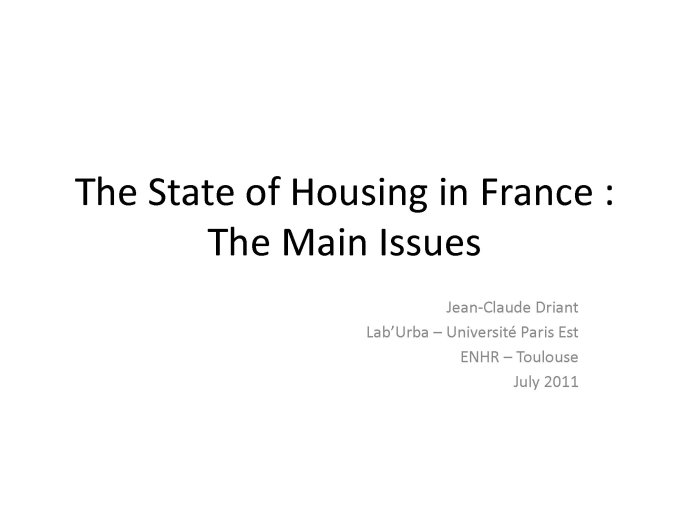
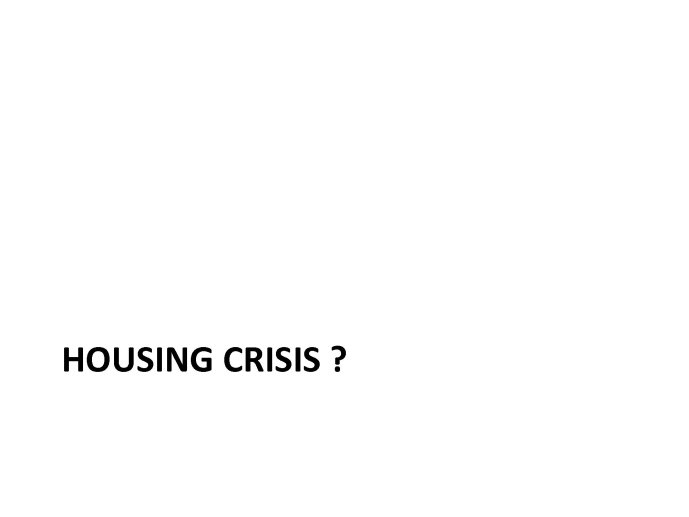
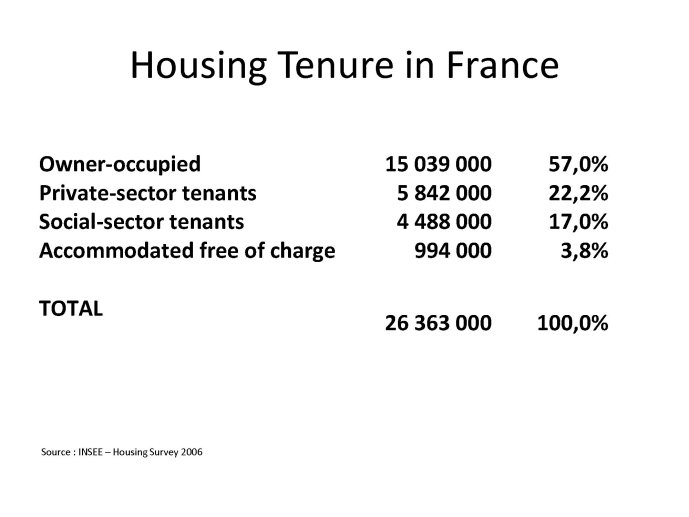
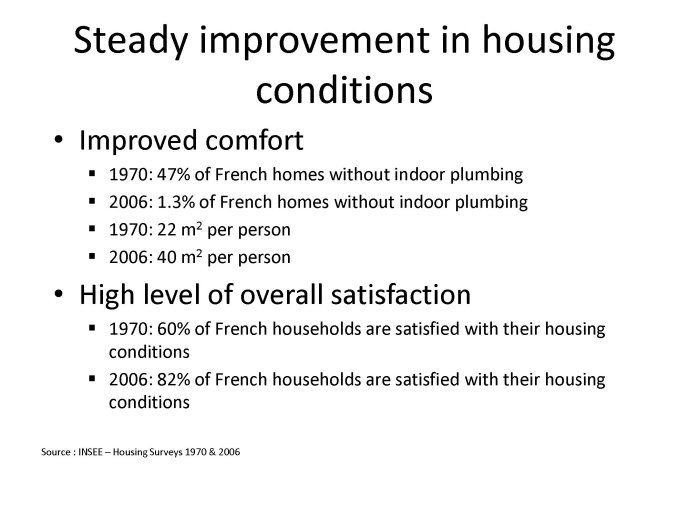
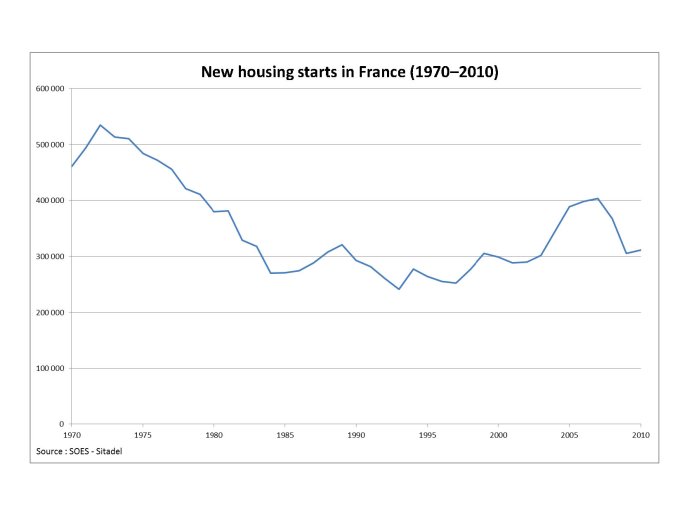
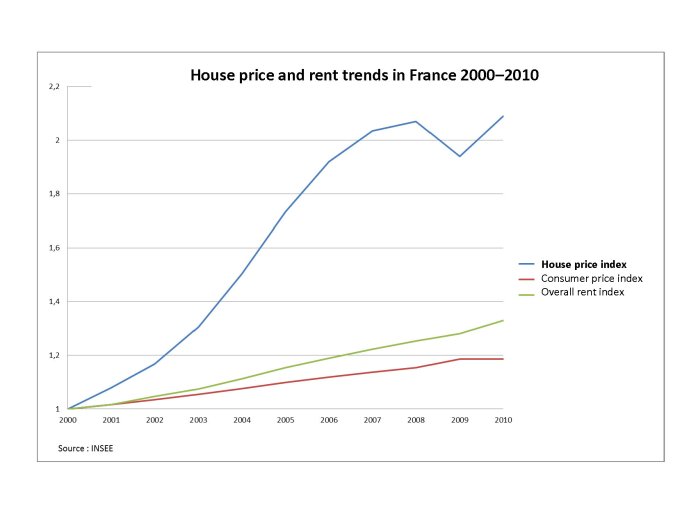
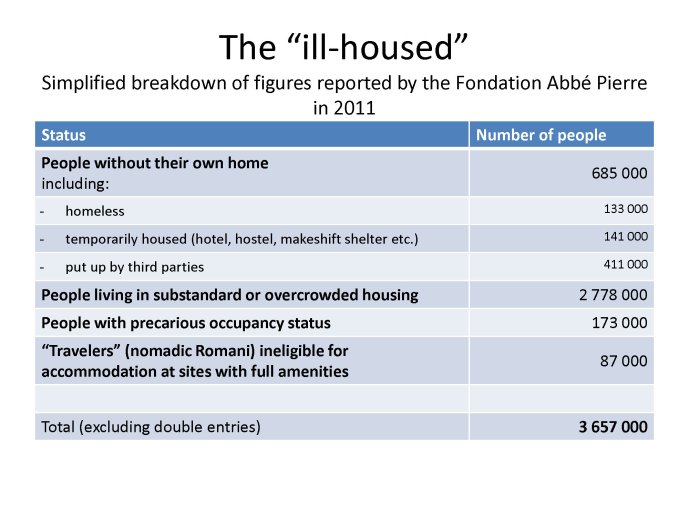


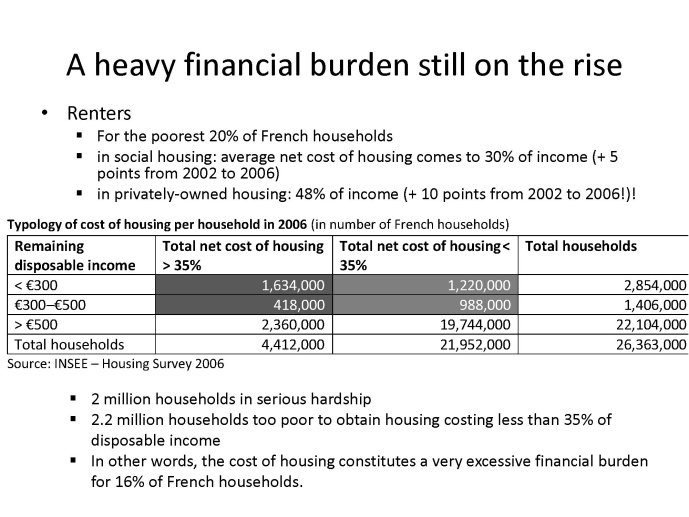
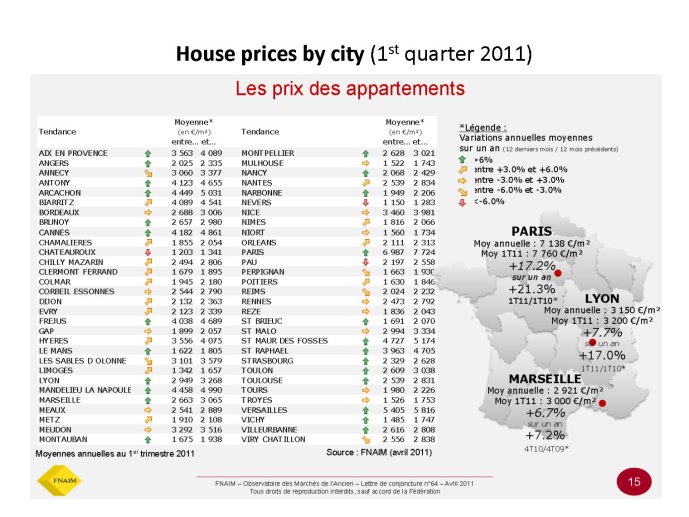
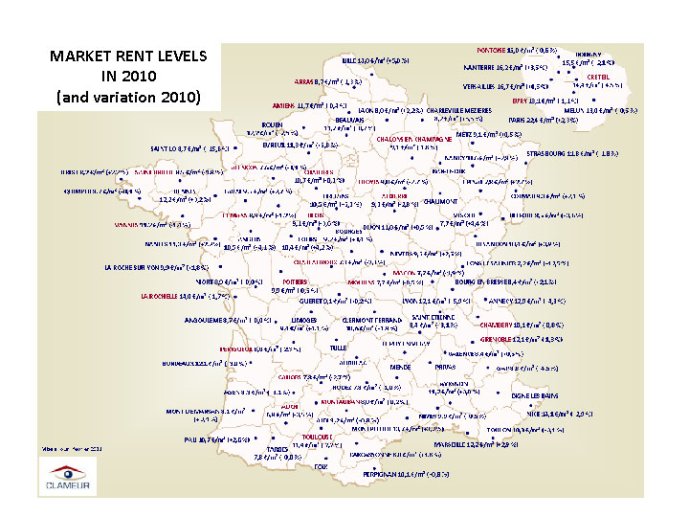
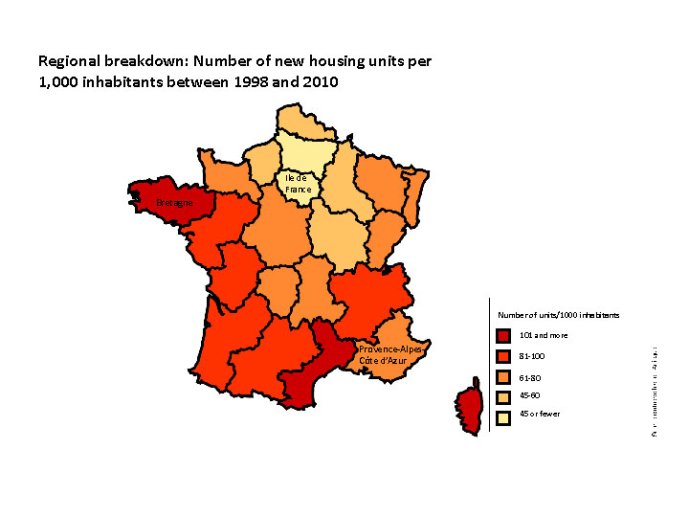
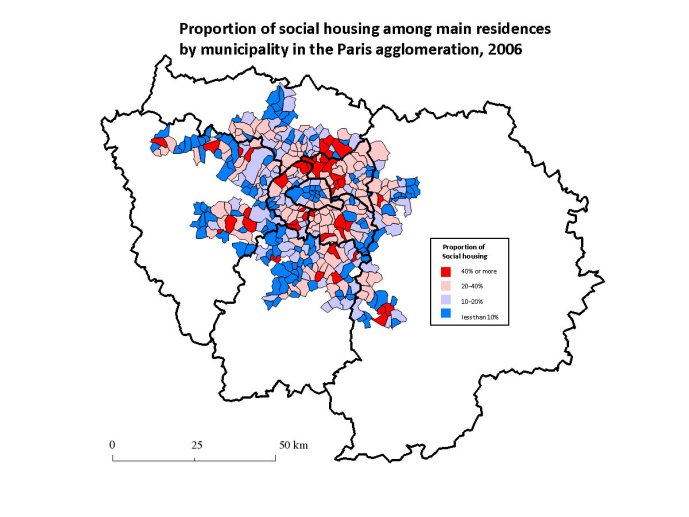
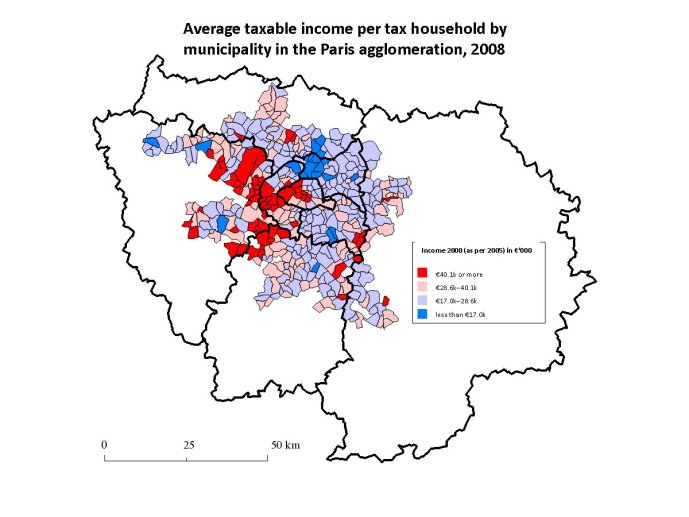
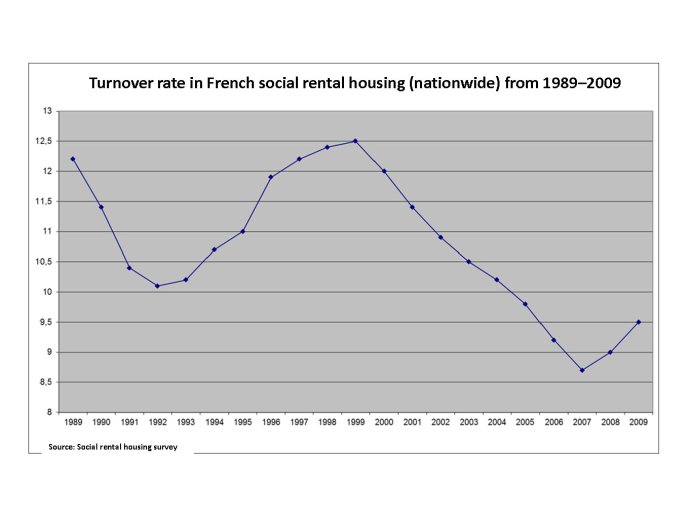
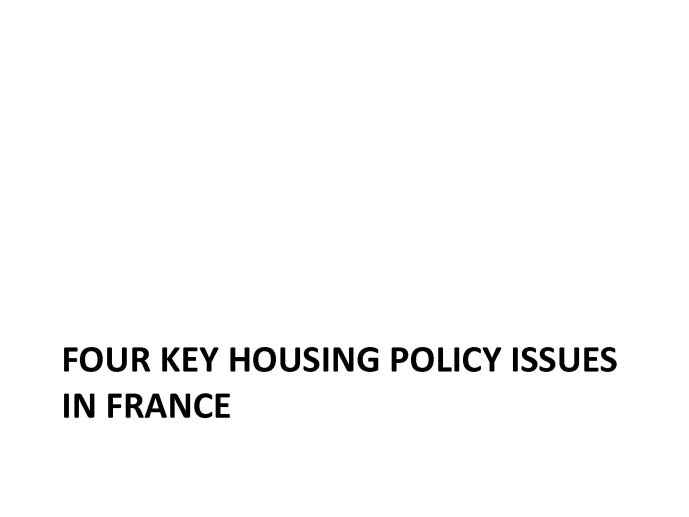

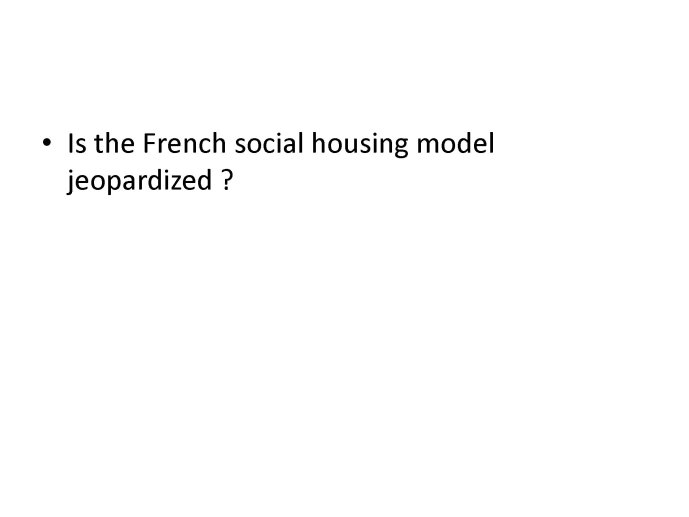
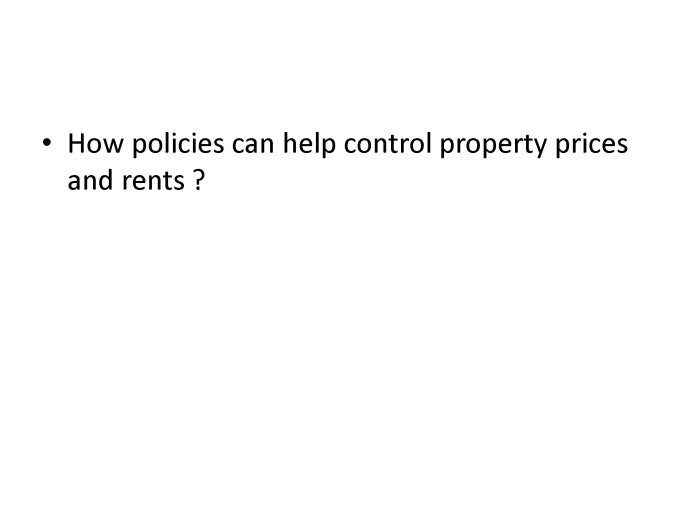
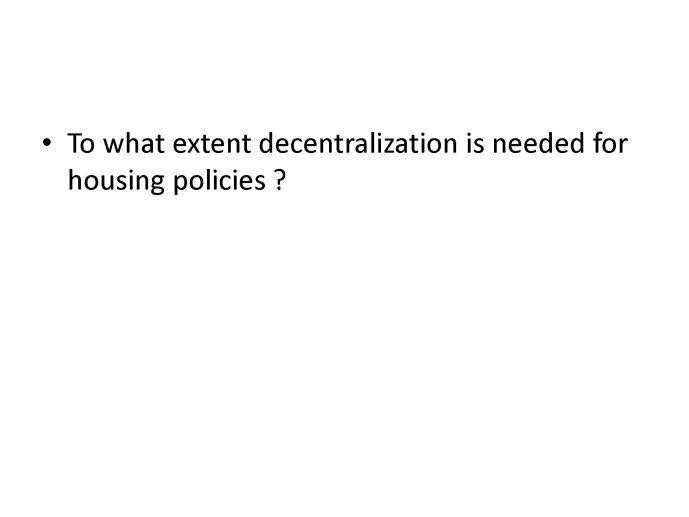
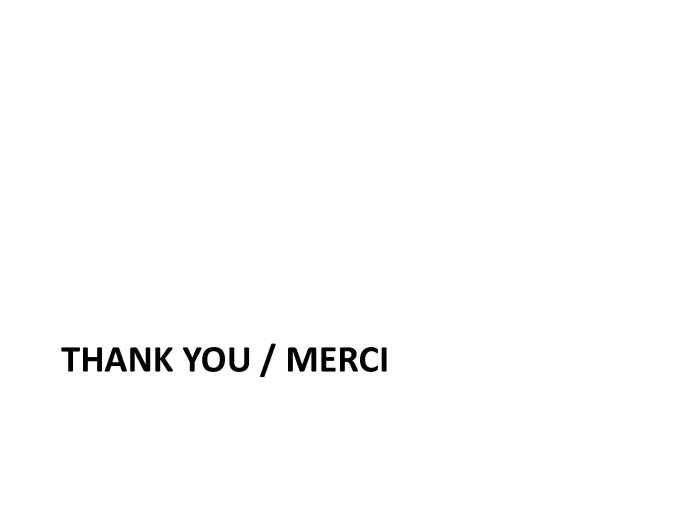


![Mixité, an urban and housing issue: ouverture du colloque [VO] / P. Boelhouwer, F. Ménard et al.](https://vod.canal-u.tv/videos/media/images/themes/sciences_humaines_sociales_de_l_education_et_de_l_information/sciences_de_la_societe/sociologie_anthropologie_ethnologie/sociologie/services_et_problemes_sociaux/mixite_an_urban_and_housing_issue_ouverture_du_colloque_vo_p_boelhouwer_f_menard_et_al/2175742-14-fre-FR/mixite_an_urban_and_housing_issue_ouverture_du_colloque_vo_p_boelhouwer_f_menard_et_al.gif)
![Mixité, an urban and housing issue: ouverture du colloque [VF] / P. Boelhouwer, F. Ménard et al.](https://vod.canal-u.tv/videos/media/images/themes/sciences_humaines_sociales_de_l_education_et_de_l_information/sciences_de_la_societe/sociologie_anthropologie_ethnologie/sociologie/services_et_problemes_sociaux/mixite_an_urban_and_housing_issue_ouverture_du_colloque_vf_p_boelhouwer_f_menard_et_al/2161572-30-fre-FR/mixite_an_urban_and_housing_issue_ouverture_du_colloque_vf_p_boelhouwer_f_menard_et_al.gif)
![Mixité, an urban and housing issue: introduction au colloque [VF]/ M.-C. Jaillet, Jean-Claude Driant](https://vod.canal-u.tv/videos/media/images/themes/sciences_humaines_sociales_de_l_education_et_de_l_information/sciences_de_la_societe/sociologie_anthropologie_ethnologie/sociologie/services_et_problemes_sociaux/mixite_an_urban_and_housing_issue_introduction_au_colloque_vf_m_c_jaillet_jean_claude_driant/2162823-25-fre-FR/mixite_an_urban_and_housing_issue_introduction_au_colloque_vf_m_c_jaillet_jean_claude_driant.gif)
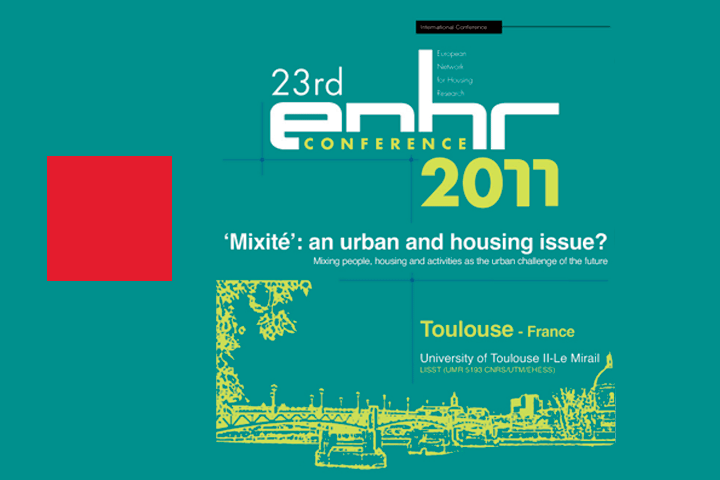
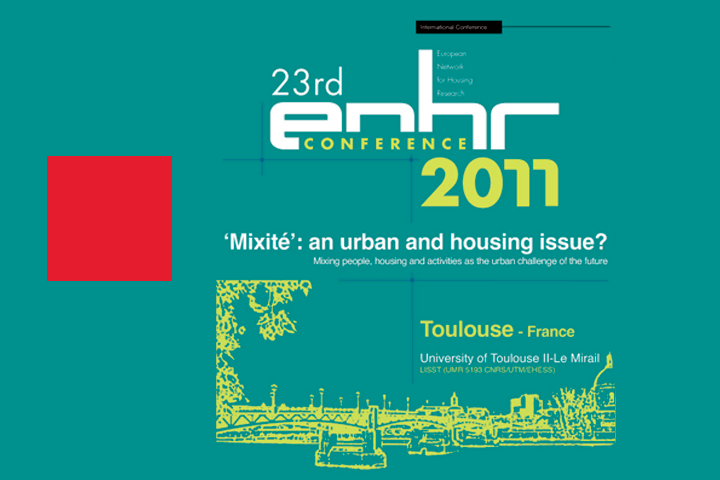
![Implementing "Mixité". Discourses and experiences of politicians and stakeholders: Round Table [VF]](https://vod.canal-u.tv/videos/media/images/themes/sciences_humaines_sociales_de_l_education_et_de_l_information/sciences_de_la_societe/sociologie_anthropologie_ethnologie/sociologie/services_et_problemes_sociaux/implementing_mixite_discourses_and_experiences_of_politicians_and_stakeholders_round_table_vf/2165463-16-fre-FR/implementing_mixite_discourses_and_experiences_of_politicians_and_stakeholders_round_table_vf.gif)
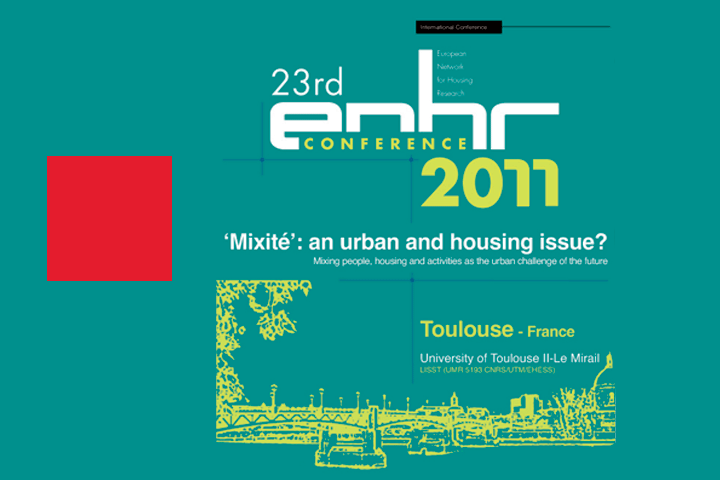
![Approaches, pratices, challenges of mixité in urban contexts: présentation plénière [VF]/ Ian Cole](https://vod.canal-u.tv/videos/media/images/themes/sciences_humaines_sociales_de_l_education_et_de_l_information/sciences_de_la_societe/sociologie_anthropologie_ethnologie/sociologie/services_et_problemes_sociaux/approaches_pratices_challenges_of_mixite_in_urban_contexts_presentation_pleniere_vf_ian_cole/2164972-9-fre-FR/approaches_pratices_challenges_of_mixite_in_urban_contexts_presentation_pleniere_vf_ian_cole.gif)
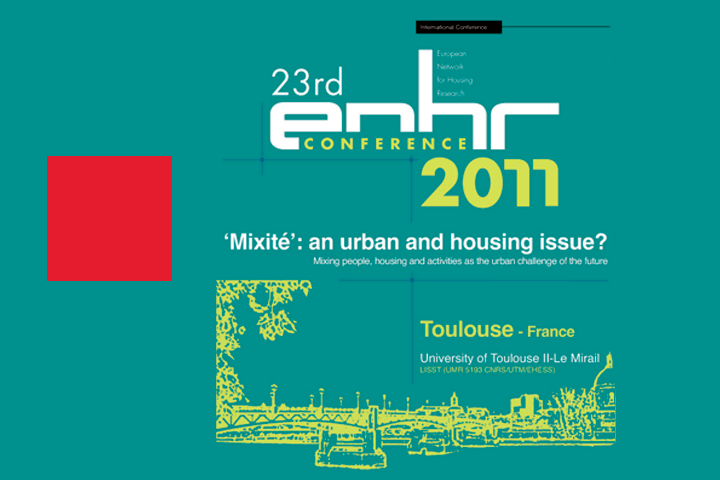
![The grammar of "mixed communities": urban injustice and the Aylesbury Estate [VF] / Loretta Lees](https://vod.canal-u.tv/videos/media/images/themes/sciences_humaines_sociales_de_l_education_et_de_l_information/sciences_de_la_societe/sociologie_anthropologie_ethnologie/sociologie/services_et_problemes_sociaux/the_grammar_of_mixed_communities_urban_injustice_and_the_aylesbury_estate_vf_loretta_lees/2165074-8-fre-FR/the_grammar_of_mixed_communities_urban_injustice_and_the_aylesbury_estate_vf_loretta_lees.gif)
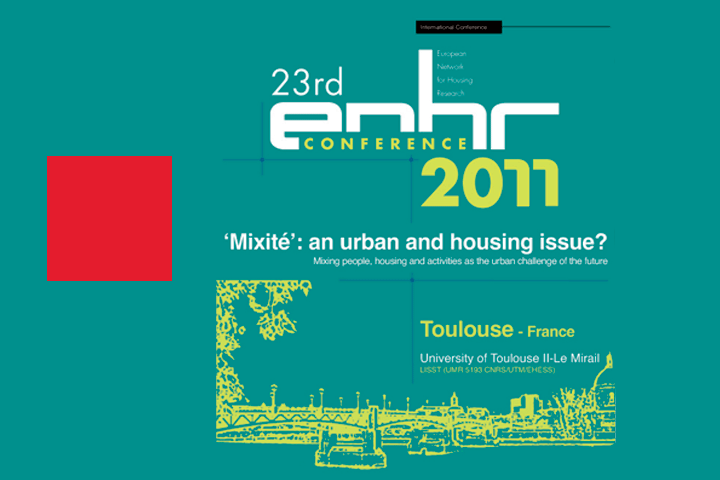
![Principal Ownership, Motivations and Behaviour. Exploring the hybrid nature of Australian third sector housing [VF] / Tony Gilmour](https://vod.canal-u.tv/videos/media/images/themes/sciences_humaines_sociales_de_l_education_et_de_l_information/sciences_de_la_societe/sociologie_anthropologie_ethnologie/sociologie/services_et_problemes_sociaux/exploring_the_hybrid_nature_of_australian_third_sector_housing_vf_tony_gilmour/2164310-9-fre-FR/exploring_the_hybrid_nature_of_australian_third_sector_housing_vf_tony_gilmour.gif)
